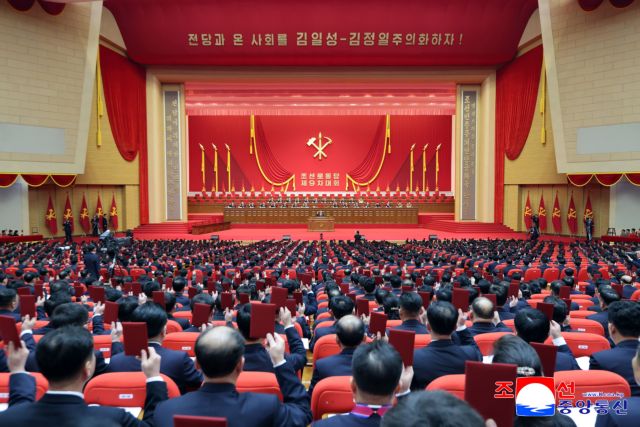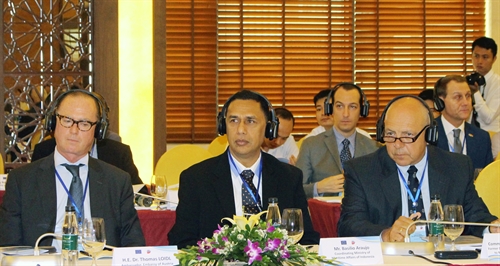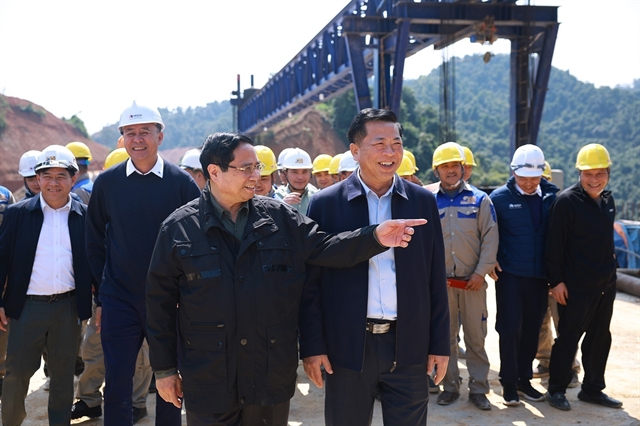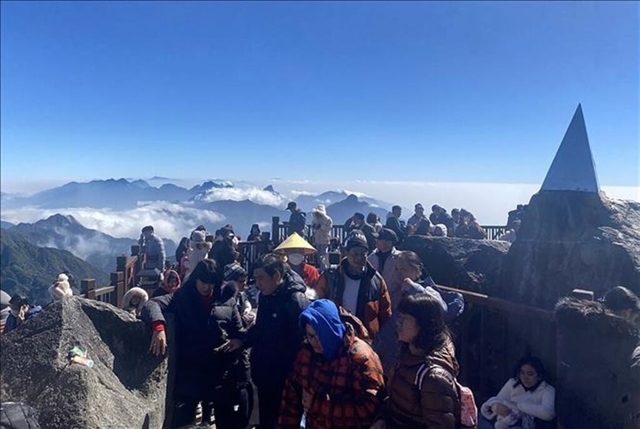 Politics & Law
Politics & Law
.jpg)
Urgent need for international co-operation mechanism on marine security and safety in East Asia highlighted at international workshop in northern province of Quảng Ninh
 |
QUẢNG NINH— The urgent need for an international co-operation mechanism on marine security and safety in East Asia was highlighted at an international workshop in the northern province of Quảng Ninh that concluded yesterday.
The two-day workshop attracted some 150 officials, international scholars and experts from Asia and Europe to exchange views and experiences in promoting international maritime security, especially in times of an increasingly tense dispute in the East Sea.
In the fourth working session yesterday, participants looked at the regional security structure and several sea cooperation mechanisms around the world with a view to finding a suitable model for the region.
Experts also recommended that countries in the region boost dialogues on improving capability, building an information-sharing system and a joint action programme.
They suggested a collective security mechanism for Asia based on the European model. Several legal experts from the European Union argued that making use of international courts is an effective way of resolving marine disputes.
Professor Erik Franck, a member of the Permanent Court of Arbitration (PCA), said ASEAN could follow the model of the European Union to become an entity in international relations and a member of the UN Convention on the Law of the Sea ( UNCLOS ), allowing the bloc to use laws to promote cooperation and solve disputes.
Judge Pangalangan from the International Criminal Court at The Hague said the rate of using the International Court of Justice and the International Court of Arbitration to resolve disputes in Asia is lower than by other parts of the world.
Besides cultural and historical barriers, the real problem is that Asian countries show a lack of trust and commitment to the principles of international law, viewing legal proceedings as likely to be politicised or rigged, said Pangalangan.
Therefore, he said, more information exchange and dialogue would be necessary to raise awareness of the importance and efficiency of international courts in solving international disputes.
The fifth and final session was dedicated to ways to apply international laws and the settlement of issues through the Court of Arbitration set up under the UNCLOS’s Appendix VII. Many speakers underlined the importance of the UNCLOS in general, and its dispute settlement mechanism, in particular.
Participants in the two-day discussions reiterated their belief that political will, trust-building measures and respect for international rules and legal standards, as well as mutual respect, are key to overcoming differences of opinions on sovereignty claims. — VNS
.jpg)



